The Mission
CARRE’s goal is to ensure that refugees, asylum-seeking, and other forcibly displaced children, youth, and families receive evidence-based and trauma-focused treatments and service interventions across a wide array of systems to prevent the long-term, negative impacts of childhood traumatic stress. Our team of experts achieves this through training and technical assistance and by leading pilots of adapted evidence-based interventions with community partners.
According to UNHCR, “Global forced displacement has reached 103 million at mid-2022. At the end of 2021, of the 89.3 million forcibly displaced people, an estimated 36.5 million (41%) were children below 18 years of age. Between 2018 and 2021, an average of between 350,000 and 400,000 children were born into a refugee life per year. 1.5 million children were born as refugees.”
Specialized knowledge of the unique issues and circumstances surrounding displacement and the migratory path, as well as how to adapt services and interventions is essential when working with forcibly displaced populations and practicing trauma-informed care.
The Team
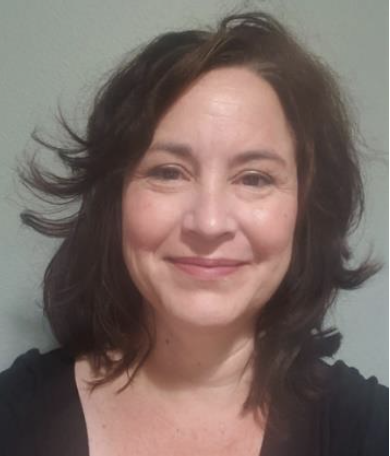
Beth Farmer
Principal Investigator
Beth is a Licensed Clinical Social Worker with more than three decades of experiencing providing services to people who have experienced trauma. The last 15 years Beth has developed and directed programs for refugees, asylum seekers, and others who have been forcibly displaced. She currently directs the Safety, Education & Wellness technical unit for IRC’s Resettlement, Asylum and Integration department. Beth lives in Seattle, WA and enjoys long walks, coffee, books, and all furry creatures.
Jess Dalpe
Project Manager & Co-Investigator
Jess Dalpe is a Licensed Social Worker who has worked in the international social work field for over a decade. Jess’s work focuses on generating and integrating evidence-based practices related to violence against women and girls and mental health and psychosocial support for refugees, asylum-seekers, and other immigrants in the US who have faced forced displacement. She currently works as the Senior Technical Advisor for Safety & Wellness at IRC. Jess lives in coastal New Jersey where she enjoys outdoor adventures with her dog and partner and cuddling up with a cup of tea and her cats.
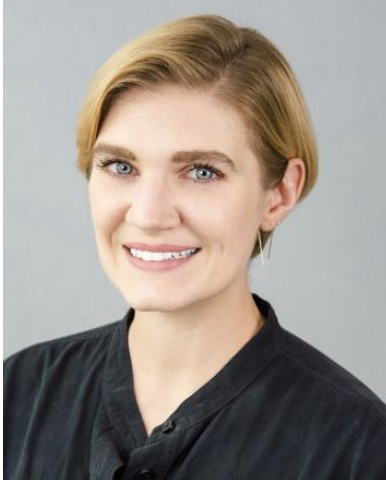
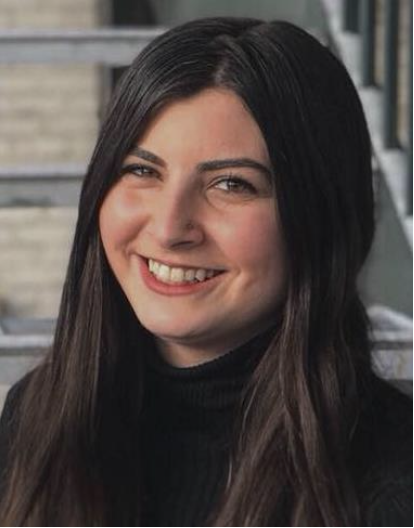
Leena Zahra
Program Officer
Leena Zahra is a Program Officer for the IRC, and a Syrian American social impact bridge builder. With over ten years of strategic humanitarian community outreach, program management and advocacy experience, she has worked with small to large scale Nonprofits, NGOs, and government agencies like the World Food Program (WFP), International Rescue Committee (IRC UK), Karam Foundation, and U.S. Senate. She has a Master’s in International Development and Humanitarian Emergencies from the London School of Economics (LSE), with a specialization and interest in amplifying community voices and shifting the narrative for globally displaced persons. With roots in the Midwest, Leena currently lives in Orlando, FL and enjoys traveling, visiting coffee shops, watching movies, journaling and spending time with loved ones.
Yvonne Ruan
Operations Manager
Yvonne Ruan serves as the Program Excellence Operations Manager at IRC and is a member of the CARRE team. She undertakes a diverse array of administrative and operational responsibilities to support the advancement and coordination of projects, grants, events, and other initiatives, including event logistics, procurement, and contract and vendor management for the CARRE team. Additionally, Yvonne is an avid foodie who enjoys exploring the wide array of culinary delights that New York has to offer.
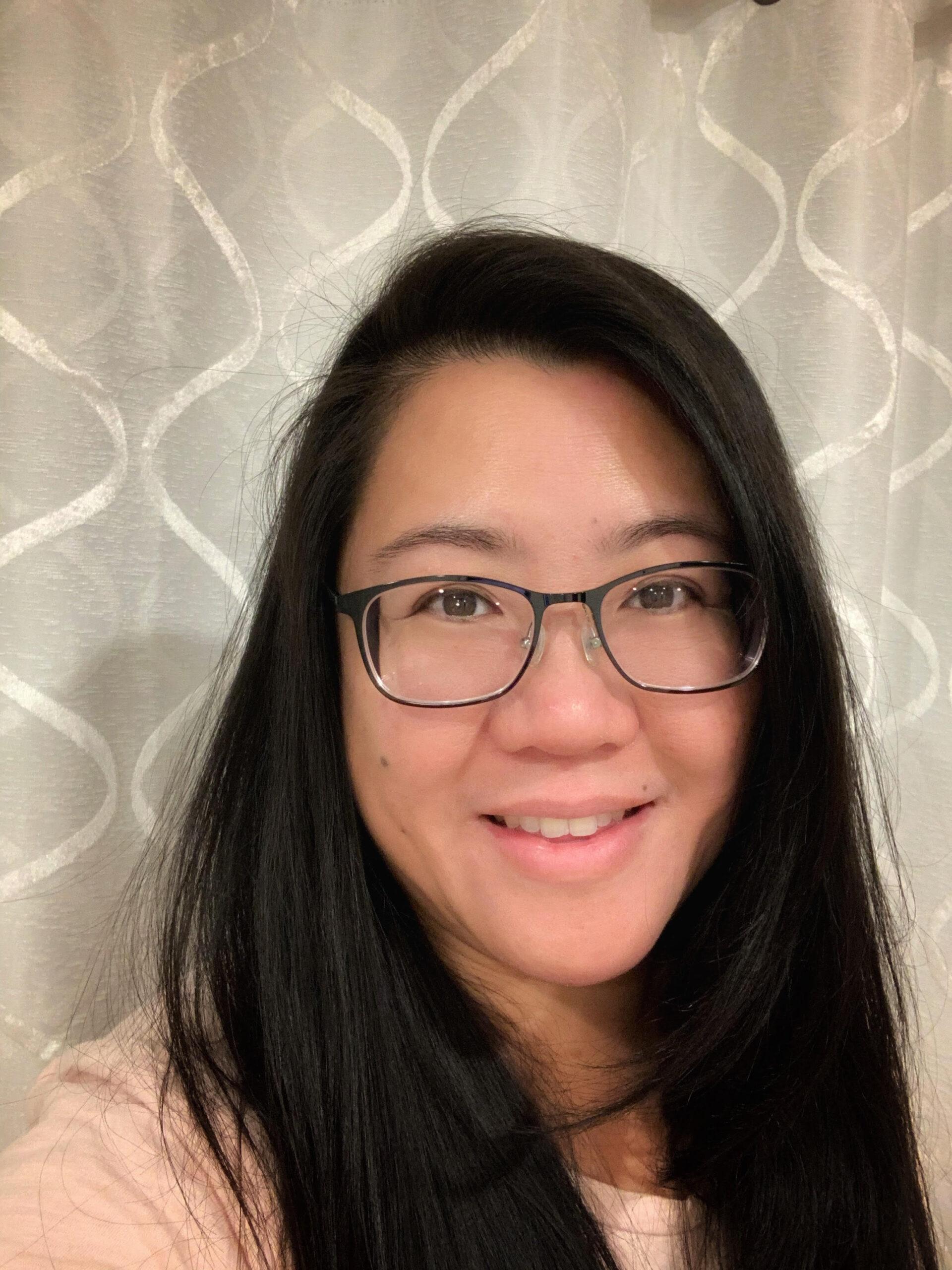
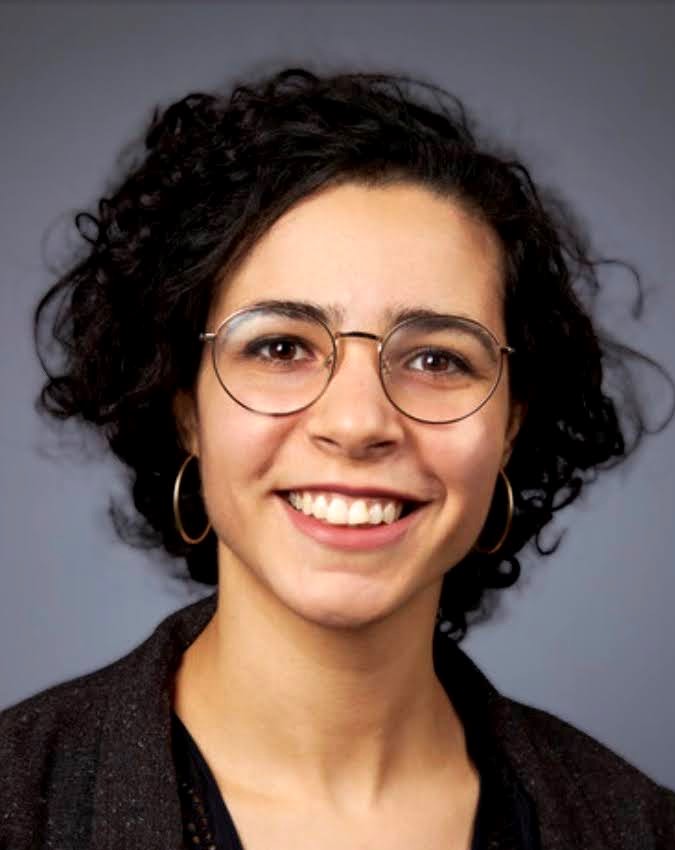
Houda Chergui
Senior Monitoring, Evaluation, and Learning Officer
Houda Chergui is a Monitoring, Evaluation, and Learning (MEL) Officer on the Research, Analysis, and Learning team. With almost a decade of background working in the global health and humanitarian space and over 5 years of experience in MEL, she is currently leading the MEL work on 4 projects at the IRC, including the CARRE project. Prior to joining the IRC, she was a Senior Research Assistant with Boston Medical Center’s Immigrant and Refugee Health Center and Global Monitoring, Evaluation, Research, and Learning Officer at Last Mile Health and has also worked in Montreal and New York City. She holds a bachelor’s degree in Political Science and International Development from McGill University and a master’s in Public Health from Boston University with a focus in Monitoring and Evaluation. When she is not working, she likes to read, bake, and bike around Boston.
Shefa Obaid
Technical Advisor
Shefa Obaid is a Technical Advisor for the IRC supporting the development, review and innovation of culturally and psychologically oriented evidence-based interventions and guidelines for the CARRE center. She has over 8 years of experience working on technical oversight, direct implementation, development and monitoring of psychosocial support, counselling and protection initiatives, focused on those who have been displaced inside and outside their home countries in the middle east and beyond. Shefa holds a bachelor’s degree in psychology from the University of Toronto and is pursuing her MSci in Psychology. Outside of work, she likes to enjoy the outdoors with her two children, cook and share food, and catch up on her favorite reality tv shows.
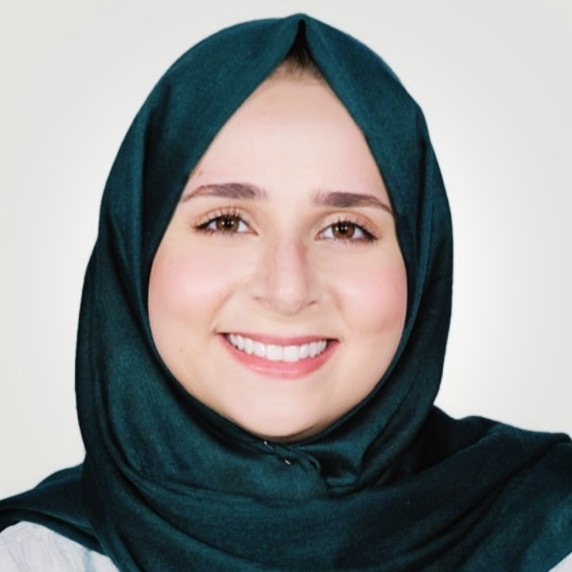
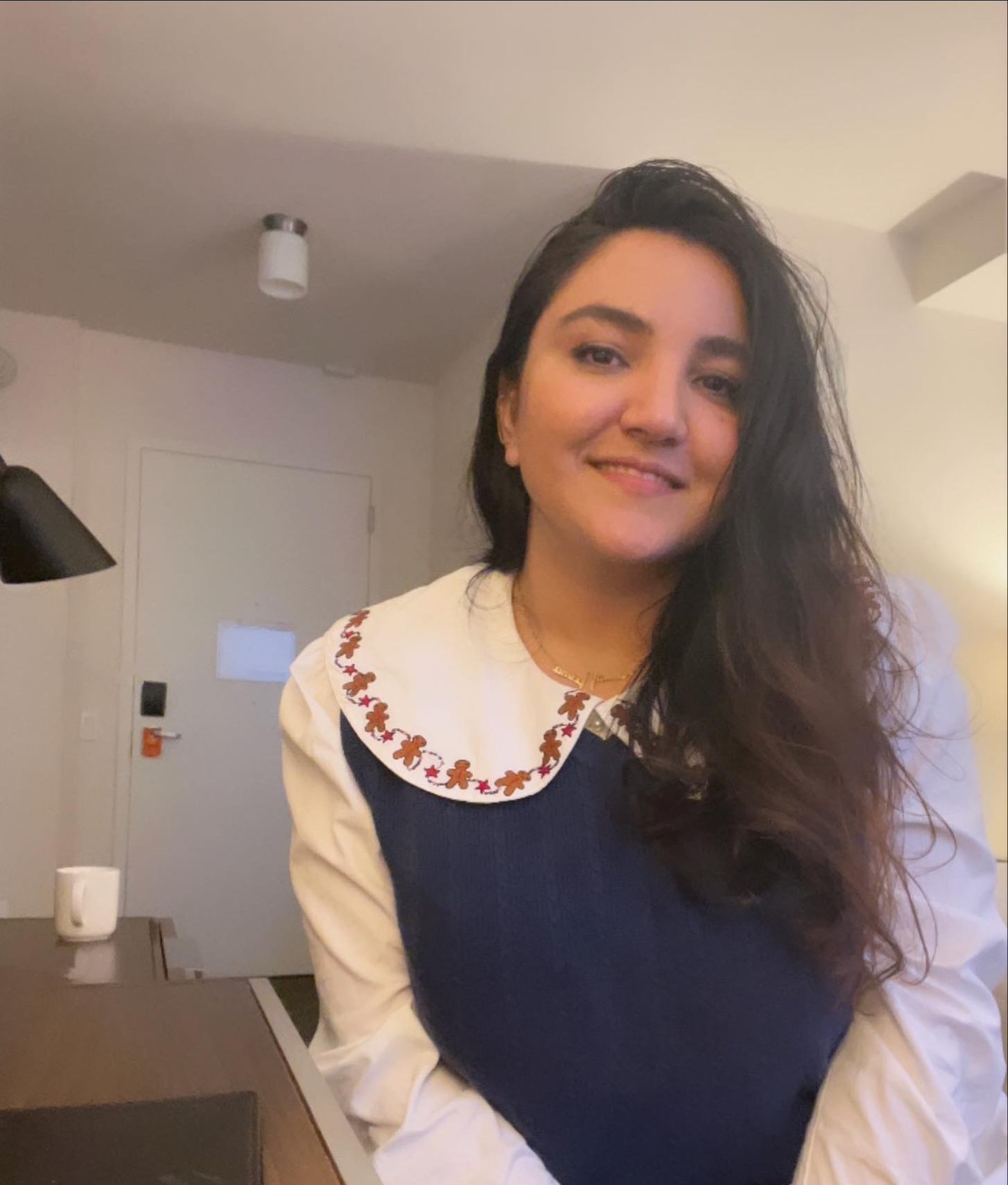
Rabia Jalalzai
Program Officer for Evidence-Based Practice
Rabia completed her schooling in Afghanistan and earned a Medical Doctorate from Kabul University. Later, she relocated to the United States and joined a team of Emory University researchers working on HIV prevention and cure clinical trials. She went on to earn her Master of Public Health at the Johns Hopkins Bloomberg School of Public Health and later joined the department of internal medicine to collaborate with Johns Hopkins academics on numerous research investigations.
Rabia has authored a wide range of topics ranging from clinical studies to the plight of women in her home country and mother and child health in Afghanistan. As a refugee who was forced to flee her home country and start over, she is passionate about the rights of refugees and immigrant communities. Rabia will collaborate with the Program, Quality, and Innovation (PQI) team to support the Center for Adjustment, Resilience & Recovery (CARRE) and National Resource Center-Refugee Immigrant, and Migrant (NRC-RIM) project.
History and Establishment under the IRC
The IRC works in 40 countries including over 25 U.S cities to support forcibly displaced populations such as refugees, asylum seekers and others forced to flee to survive, recover and gain control of their future. The IRC is an established provider of training, technical assistance and consultation in various areas related to chronic stress and trauma related to forced migration, refugee resettlement and other humanitarian concerns.
This experience is also rooted in developing and incorporating mental health and psychosocial service programming (MHPSS) that are meaningful and effective with a wide range of populations, including resources, services and interventions. The IRC provides consultation to but not limited to the following: the Office of Refugee Resettlement (ORR), Department of Justice, Bureau of Population Refugees and Migration, United Nations, International Office of Migration, in addition to various US local, state and national offices.